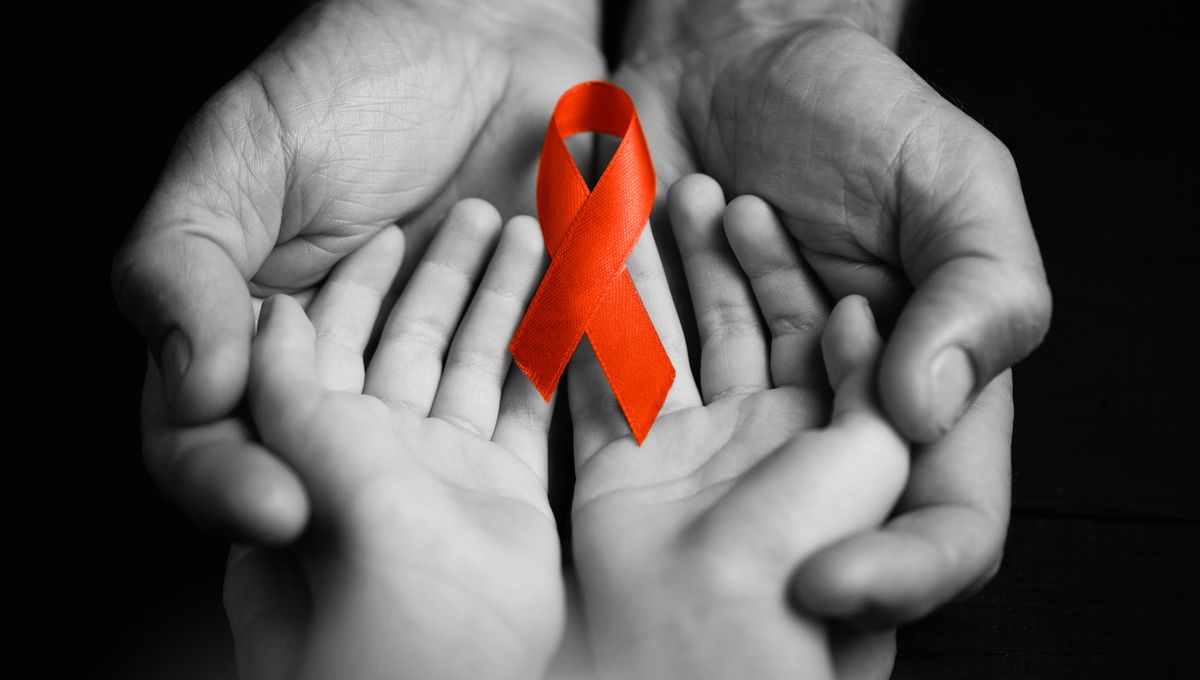
Four children exposed to HIV at birth maintained an undetectable viral load for more than a year after pausing their medication. They’re part of a National Institutes of Health (NIH)-funded clinical trial investigating the prospect of achieving true HIV remission, something that just decades ago would have seemed impossible.
The trial works under the premise that starting treatment early – in this case, within 48 hours of birth – could prevent the virus from gaining a foothold in the body. HIV is adept at hiding away inside our cells, which is why current treatments can control the infection but can’t clear it completely.
“These findings are clear evidence that very early treatment enables unique features of the neonatal immune system to limit HIV reservoir development, which increases the prospect of HIV remission,” said National Institute of Allergy and Infectious Diseases (NIAID) Director Dr Jeanne Marrazzo in a statement.
There’s no doubt that the HIV treatment landscape today is a world away from the peak of the epidemic in the 1990s. Advances in antiretroviral therapy (ART) have made it possible for HIV-positive people to live long and healthy lives, suppressing the infection so well that the viral load becomes undetectable – which also means they can’t pass it on.
Prevention is also better than ever, thanks to preexposure prophylaxis (PrEP), though the quest for a long-awaited vaccine continues.
With improved healthcare for pregnant people with HIV, it’s also now much less common to see the spread of the infection in utero, during birth, or through breastfeeding. In cases where this does occur, children typically need to commence ART early and remain on it for life.
But that may not be the end of the story. A handful of previous cases have shown that stopping ART in HIV-positive children who have been on the drugs since birth does not necessarily lead to a resurgence of the virus.
Presenting their findings at a recent conference, the team behind this latest trial spoke of six children, all currently aged 5, who were deemed eligible for a carefully monitored interruption of their ART.
Four of the kids experienced HIV remission for at least 48 weeks. Three of them remain in remission now, having been so for 48, 52, and 64 weeks respectively. The other was in remission for 80 weeks before their HIV rebounded. They experienced mild symptoms, such as headache, fever, and swollen lymph nodes, but these resolved when their treatment was restarted, and the virus was back under control.
The other two kids did not experience remission when their treatment was paused, but both are now back on ART and back in HIV suppression.
“These results are groundbreaking for HIV remission and cure research, and they also point to the necessity of immediate neonatal testing and treatment initiation in health care settings for all infants potentially exposed to HIV in utero,” said lead study virologist Dr Deborah Persaud.
The authors caution that any cessation of treatment in cases like these must be monitored very carefully, since some of the children did experience symptomatic disease when their viral loads rebounded. They now want to research newer, more potent drug regimens, as these kids were all taking the standard therapies that have been in use for decades.
It’s also not totally clear why the neonatal immune system seems to have this potential to stop HIV in its tracks, giving ART a chance at clearing the infection more thoroughly.
There’s much work to be done, but it’s hard not to be optimistic when the prospect of HIV remission remains on the table, something that’s only so far been possible in a tiny number of adult patients who have undergone stem cell transplants.
Dr Adeodata Kekitiinwa, study investigator of record and clinical research site leader in Kampala, Uganda, said: “This trial takes us a step closer to realizing another paradigm shift in which our approach to ART could be so effective that it might be used for a season of life, rather than its entirety.”
The study was presented at the 2024 Conference on Retroviruses and Opportunistic Infections.
Source Link: Four Children Achieved HIV Remission For 1 Year After Pausing Drug Treatment